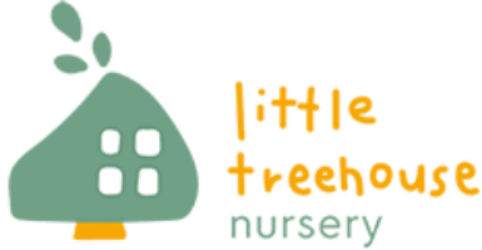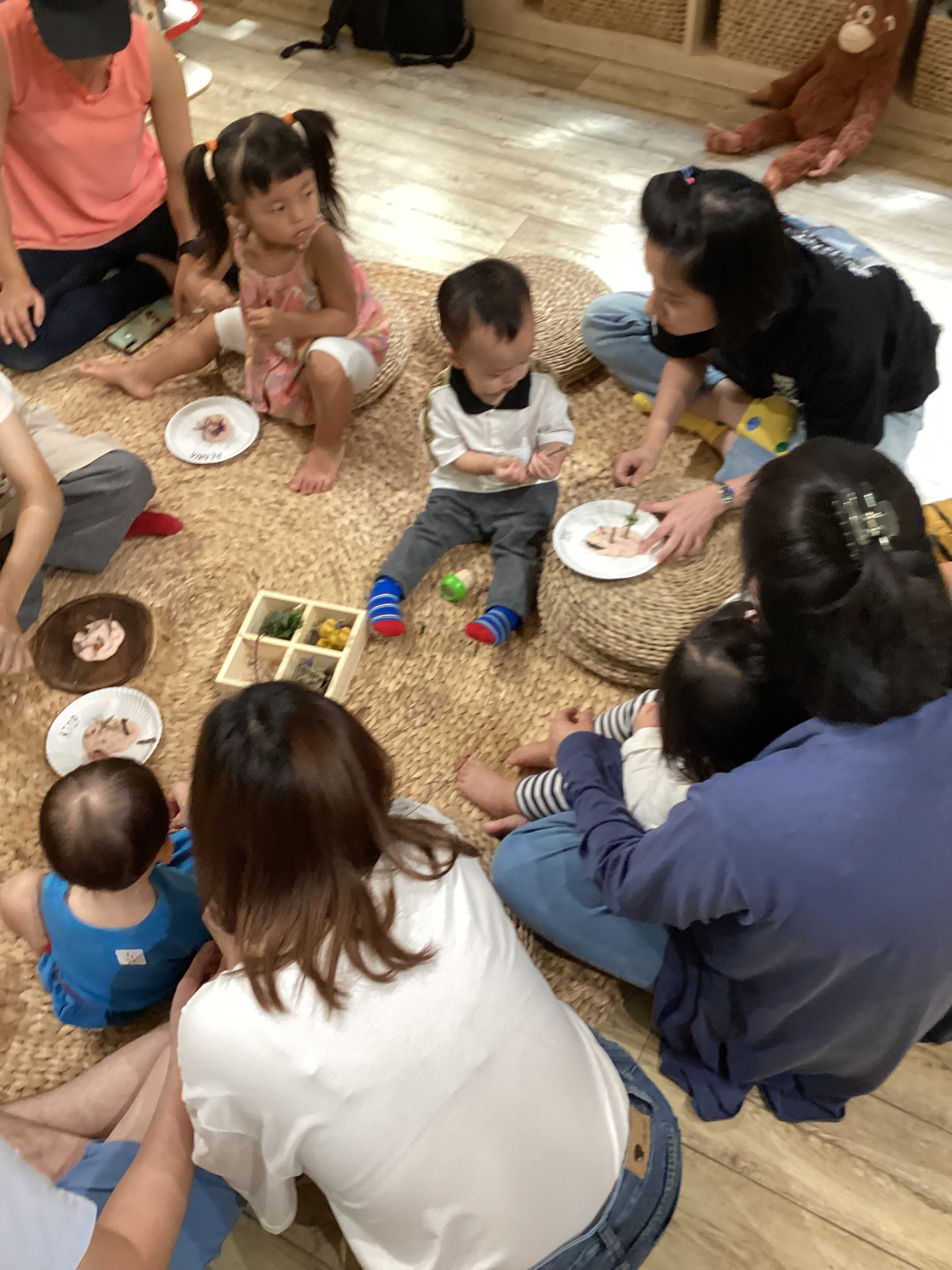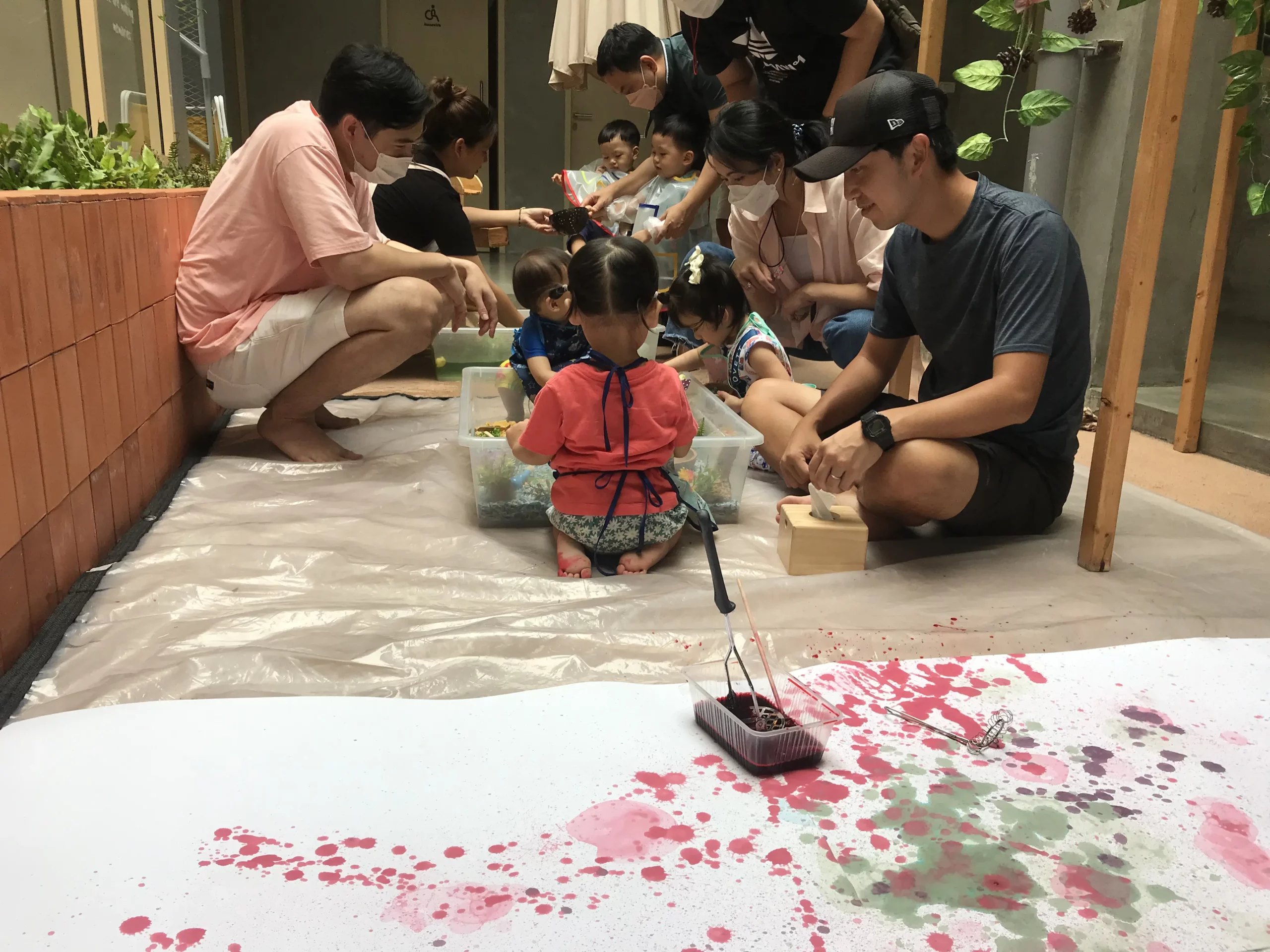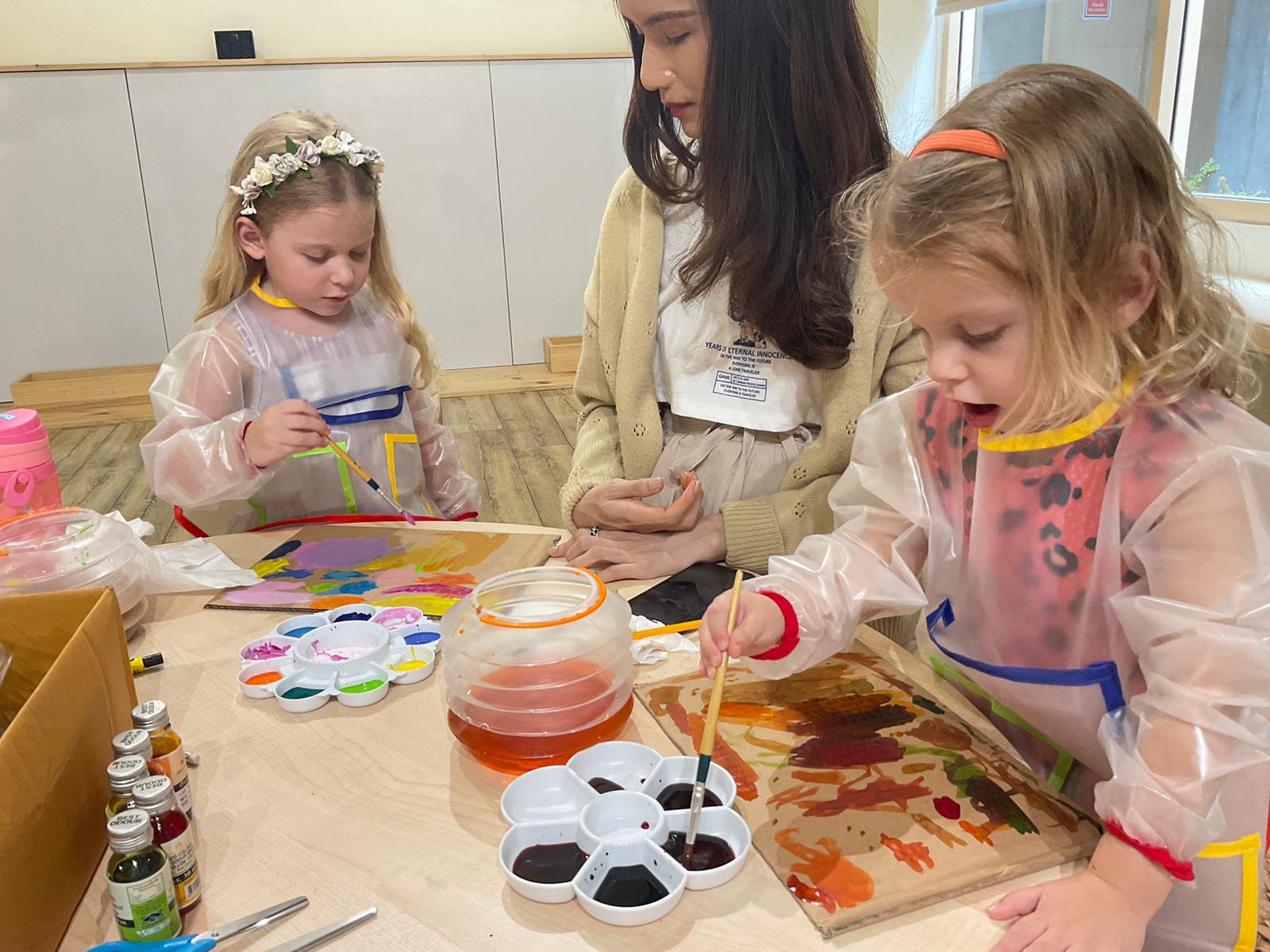Preschool education is a critical foundation for lifelong learning and development. It provides children with essential social, emotional, and cognitive skills that they will carry throughout their lives. Understanding why preschool education is important can help parents make informed decisions about their child’s early education journey. Starting kindergarten is a significant milestone in a child’s life. With so many opinions on the ideal kindergarten age, it’s essential to understand how age impacts readiness. While each child develops at their own pace, experts generally agree that kindergarten age typically ranges from 4 to 6 years. At Little Treehouse Nursery, we help parents make this important decision by focusing on each child’s social, emotional, and cognitive development, setting them up for a successful start.
Why Preschool Education is Important for Developing Key Skills
Preschool is not just a place for children to play; it’s where they develop key skills. Why preschool education is important includes fostering creativity, enhancing language development, and teaching problem-solving skills. In preschool, children learn to interact with peers, which helps build their social skills and emotional intelligence.
Why Preschool Education is Important for a
Why Preschool Education is Important for a Smooth Transition to Kindergarten
Additionally, preschool introduces structured learning, setting the stage for a smooth transition to kindergarten and beyond. Early exposure to various subjects helps ignite a passion for learning. Parents who recognize why preschool education is important often see their children thrive academically and socially.
Why Preschool Education is Important for Engaging Play-Based Learning
Moreover, preschool programs emphasize play-based learning, making education enjoyable and engaging. This approach nurtures curiosity and encourages children to explore their interests. By enrolling in preschool, parents invest in their child’s future, ensuring they are well-prepared for the challenges of higher education.
Understanding Why Preschool Education is Important
In conclusion, understanding why preschool education is important is vital for parents to consider early education options. The benefits are immense, providing a strong foundation for children to flourish academically and socially. Choosing the right preschool can make all the difference in a child’s development.
FAQs
In Thailand, education for kids typically begins with preschool, followed by six years of primary school, three years of lower secondary school, and three years of upper secondary school. The curriculum includes subjects such as Thai language, mathematics, science, and social studies, emphasizing both academic and moral development.
Children’s Day in Thailand is celebrated to honor the importance of children in society and to promote their rights and welfare. It provides an opportunity for families and communities to engage in activities that focus on children’s well-being and development.
Preschool development is crucial as it lays the foundation for a child’s future learning and social skills. Early childhood education helps foster cognitive, emotional, and social growth, preparing children for the structured learning environment of primary school.
Yes, Thailand has a variety of preschool programs catering to children aged 3 to 6. These programs focus on early childhood development through play-based learning and social interaction, setting the stage for future educational success.
Thailand’s educational system consists of both public and private institutions and is structured into basic education, which includes preschool, primary, and secondary education. The government emphasizes access to education and improving quality, but challenges such as disparities in resources and educational outcomes remain.
In Thailand, children are viewed as valuable members of society and are often seen as the future of the nation. They are encouraged to participate in family and community activities, emphasizing respect for elders and the importance of education.
The basic education curriculum in Thailand includes core subjects like Thai language, mathematics, science, social studies, and physical education. It aims to develop students’ cognitive, emotional, and social skills while promoting moral values.
Thailand’s education performance has seen improvements in recent years, yet challenges persist, particularly in rural areas. Standardized assessments show mixed results, with some students performing below international benchmarks, indicating a need for ongoing reform and investment in the education sector.
In Thailand, the education age system typically starts with preschool for children aged 3 to 5, followed by primary school starting at age 6. Children usually complete basic education by around 15 or 16 years old.
“Education for All” in Thailand is a policy initiative aimed at ensuring access to quality education for all children, regardless of their socio-economic background. The program focuses on reducing barriers to education and improving educational quality and inclusiveness.
Education is mandatory in Thailand for children from ages 6 to 15. The government has made efforts to increase enrollment rates, although challenges remain in ensuring consistent attendance and quality education across all regions.
Kids in Thailand typically finish basic education at the end of upper secondary school, around the age of 15 or 16. After that, they can choose to pursue higher education or vocational training.
Yes, Thailand places a high value on education, viewing it as essential for personal development and national progress. The government and society emphasize the importance of academic achievement and lifelong learning.
Public education is free in Thailand for students at the primary and secondary levels, though there may be additional costs for uniforms, supplies, and extracurricular activities. However, private education options are also available at various costs.
Kindergarten in Thailand typically serves children aged 3 to 5 years and focuses on early childhood education through play and social interaction. It prepares children for the more structured environment of primary school, emphasizing development in various domains.
Teaching in Thailand can vary greatly depending on the school type and location. Public schools often face challenges such as large class sizes and limited resources, while private and international schools may provide more structured environments and better facilities. Teachers are generally expected to foster a positive learning atmosphere while adhering to national curriculum standards.




Leave a reply